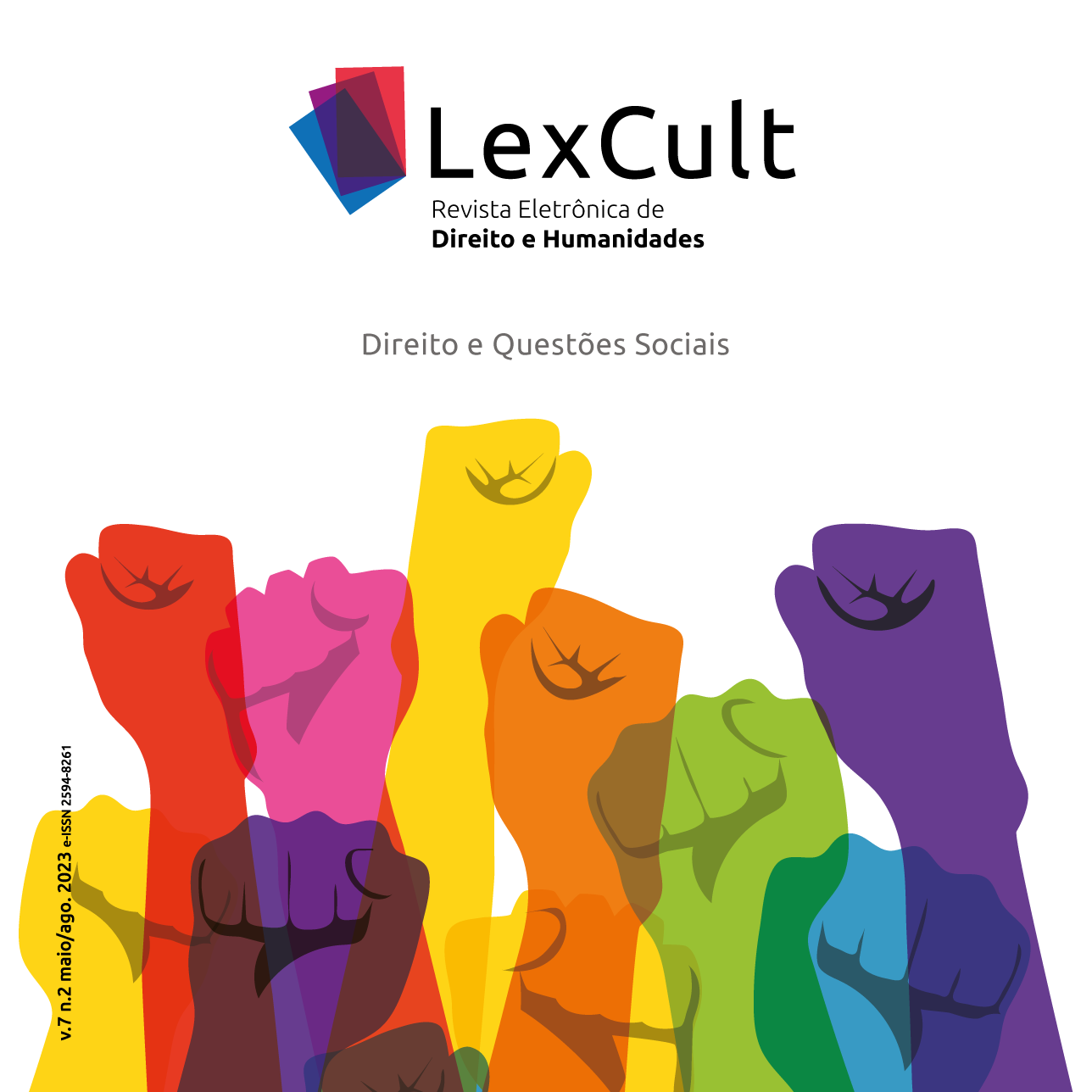PROGRAMA PAI PRESENTE: ANÁLISE DOS PROVIMENTOS DAS CORREGEDORIAS DO CONSELHO NACIONAL DE JUSTIÇA E TRIBUNAL DE JUSTIÇA DO ESTADO DE GOIÁS
Resumo
O presente artigo tem como objetivo realizar uma breve análise da política pública do Programa Pai Presente através dos provimentos das Corregedorias do Conselho Nacional de Justiça e Tribunal de Justiça do Estado de Goiás. O Programa é uma campanha nacional de reconhecimento espontâneo de paternidade de filhos sem o nome paterno na certidão de nascimento, criado pela Corregedoria do Conselho Nacional de Justiça para diminuir essa estatística. Qual a importância da política pública fomentada pelas Corregedorias Nacional de Justiça e do Estado de Goiás através dos provimentos sobre Programa Pai Presente? O objetivo geral é analisar os provimentos das Corregedorias no tocante ao Programa desde a implantação, entre 2010 até 2021, em nível nacional e estadual. Foi realizado levantamento bibliográfico da legislação nacional sobre o tema direito de filiação, conceitos, análises dos provimentos selecionados nos sites das Corregedorias e dados de ausência de registro paterno e reconhecimento espontâneo de paternidade neste período e a importância dessa política pública fomentada pelo Conselho Nacional de Justiça. Por fim, os provimentos e os dados demonstram que as Corregedorias têm fomentado por meio de campanhas de divulgação do Programa e obtido bons resultados. Entretanto, as campanhas deveriam ter caráter permanente, principalmente em relação a Corregedoria Nacional, devido a pandemia de COVID-19 aumentou o número de registros de nascimento sem a paternidade estabelecida.
##plugins.generic.usageStats.downloads##

This work is licensed under a Creative Commons Attribution-NonCommercial-NoDerivatives 4.0 International License.
Autores mantém os direitos autorais e concedem à revista o direito de primeira publicação, com o trabalho simultaneamente licenciado sob a Creative Commons Attribution-NonCommercial-NoDerivatives 4.0 International License, que permite o compartilhamento do trabalho com reconhecimento da autoria do trabalho e publicação inicial nesta revista.
Autores têm autorização para assumir contratos adicionais separadamente, para distribuição não-exclusiva da versão do trabalho publicada nesta revista (ex.: publicar em repositório institucional ou como capítulo de livro), com reconhecimento de autoria e publicação inicial nesta revista.
Os autores declaram serem responsáveis pela originalidade, pelo ineditismo e pela atualidade de todo o conteúdo do artigo, mediante a referência completa de todas as fontes consultadas.
Cada autor concede à Revista LexCult permissão para avaliar, normalizar, editar e publicar o artigo submetido, de modo inédito.
Casos de plágio e autoplágio não serão aceitos sob nenhuma hipótese. O autor plagiário será suspenso por 5 (cinco) anos sem publicação na Revista LexCult.
É permitida a cópia, total ou parcial, de artigo publicado na Revista LexCult, desde que informada a fonte (autor e revista), sendo vedado o uso comercial e a produção e distribuição de trabalhos derivados. Caso seja verificada a quebra de exclusividade, a submissão será arquivada e o autor estará suspenso de publicar por 5 (cinco) anos na Revista LexCult, sem prejuízo das ações cíveis/penais previstas em lei.
O autor tem ciência de que:
a) a submissão poderá ser recusada caso o Conselho Editorial da Revista LexCult, responsável pela avaliação e seleção dos artigos, não considere pertinente a publicação, por quaisquer motivos, devidamente fundamentados;
b) os editores reservam-se o direito de modificar o texto da submissão - sem alteração de conteúdo - para normalizá-lo e adaptá-lo às normas de publicação.



